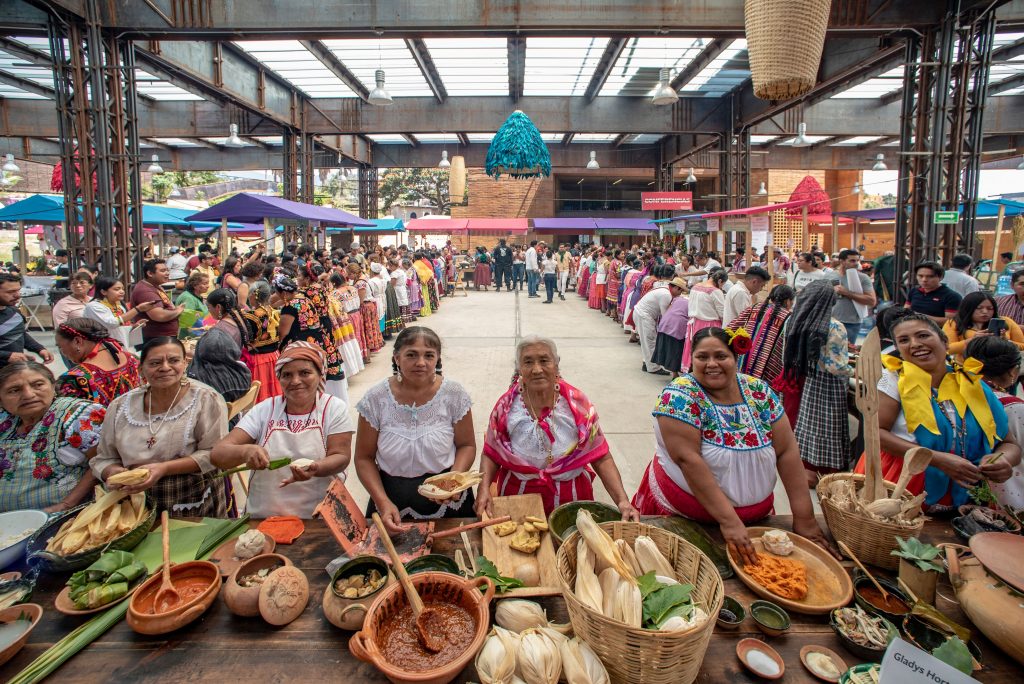POST-IMPERIAL NATIONAL IDENTITY(IES) IN MODERN AND CONTEMPORARY PORTUGUESE LITERATURE
Wednesday, November 30, 2022
Tuesday, November 8, 2022
New MALAS Seminar, Spring 2023 with Professor D. J. Hopkins! Theatre and the City
Theatre and the City
Prof. D.J. Hopkins
MALAS 600D Theatre and the City
THEA 649 Topics in World Theatre
Tuesday 3:30PM to 6:10PM
PSFA 358
Focusing on “theatre beyond the theatre,” this course will get students thinking outside the box, exploring new approaches and new contexts for live performance. Explorations of site-specific theatre and immersive experiences will be augmented by theories of social space, including urban space. Activities include: reading about, talking about, writing about (and occasionally making) “outside the box” theatre. Students will attend performances at the 2023 Without Walls Festival, produced by the La Jolla Playhouse.
Dr. D.J. Hopkins (he/him) is a professor at San Diego State University. His publications focus on Shakespeare in performance and theatre in urban contexts. His current research includes immersive theatre and virtual reality. Twitter @_DJHopkins
Dr. D.J. Hopkins (he/him) is a professor at San Diego State University. His publications focus on Shakespeare in performance and theatre in urban contexts. His current research includes immersive theatre and virtual reality. Twitter @_DJHopkins
Wednesday, November 2, 2022
MALAS Spring 2023 Seminar! Ecofascism with April Anson!
MALAS 600B Ecofascism
HUM 580 Topics in the Humanities
Thursday 4:00PM to 6:40PM
AL 109
Professor April Anson
Dr. April Anson is an Assistant Professor of Public Humanities at San Diego State University, core faculty for the Institute for Ethics and Public Affairs, and affiliate faculty in American Indian Studies. Her research explores the historical and ongoing connections between climate change, white supremacy, and political sovereignty—and the Indigenous environmental justice traditions that eclipse those relations. She is the co-founder of the Anti-Creep Climate Initiative, co-author of Against the Ecofascist Creep, and was a Mellon postdoctoral fellow at the University of Pennsylvania. Her research has appeared in boundary 2, Resilience, Environmental History, Western American Literature, and others. In all, she remains committed to anti-racist and anti-colonial knowledge production and social movements.
Ecofascist rhetoric circulates in our everyday lives, using environmental ideas to justify violence, death, and other systemic harms. For example, the Covid-19 pandemic prompted analogies that "humans are a virus," but this recent example of ecofascism has a much longer history. This class will trace ecofascist rhetoric from its identification across the spectrum of modern American environmental politics, earlier origins in the Green Nazis, and nineteenth century precursors in the transnational circulation of “survival of the fittest” fantasies. Through novels, poetry, film and research, we will investigate the rhetorical imprecision of the term “ecofascism,” attend to its specific pasts, and anticipate its possible futures due to climate change, infectious disease, and police violence, among many other topics.
MALAS Spring 2023 Seminar: Foodways Rhetoric with Professor Consuelo Salas
Foodways Rhetorics
Professor Consuelo Salas
MALAS 600C: Foodways Rhetoric
RWS 596: Special Topics in Rhetoric and Writing Studies
Thursday 4:00PM to 6:40PM SH 124
Food writing has proliferated into many different genres, such as cookbooks, memoirs, and blogs; however, many disciplines have also turned their attention to the intricate network that food creates in our everyday lives. Examining a plate of food from a food studies perspective allows you to question means of production, labor and agricultural issues, as well as ideology and culture. From a rhetorical perspective, you can view the same plate of food and question the power, gender and class dynamics, and, similarly to food studies, ideology and culture. Focusing on seminal texts in both rhetorical theory and food studies and where these two disciplines intersect, this course will examine community foodways literacies and practices in the San Diego, CA area. Bringing together the two disciplines of rhetoric and food studies, this course examines foodways rhetorics.
 Consuelo Salas is an Assistant Professor of Border Rhetorics. As a visual rhetorician and a food studies scholar, her areas of interest include commodification and representations of Mexican and Mexican Americans to U.S. based audiences within “food spaces.” Her areas of interest also include foodways rhetoric, the scholarship of teaching and learning, information literacy, and the intersections of translanguaging and monolingual technological interfaces. Dr. Salas is at work on a book that critically explores images associated with the cultural imaginary of Mexico and their relationship to food and identity. Dr. Salas' co-edited collection Latin@s’ Presence in the Food Industry: Changing How We Think About Food, published with University of Arkansas Press, was awarded the Gourmand World Cookbook third best in the world in the category of Professionals in 2017. Her work can also be found in edited collections, such as Visual Imagery, Metadata, and Multimodal Literacies Across the Curriculum, Food Feminism and Rhetoric, as well as in peer reviewed journals, such as Gastronomica and the Community Literacy Journal.
Consuelo Salas is an Assistant Professor of Border Rhetorics. As a visual rhetorician and a food studies scholar, her areas of interest include commodification and representations of Mexican and Mexican Americans to U.S. based audiences within “food spaces.” Her areas of interest also include foodways rhetoric, the scholarship of teaching and learning, information literacy, and the intersections of translanguaging and monolingual technological interfaces. Dr. Salas is at work on a book that critically explores images associated with the cultural imaginary of Mexico and their relationship to food and identity. Dr. Salas' co-edited collection Latin@s’ Presence in the Food Industry: Changing How We Think About Food, published with University of Arkansas Press, was awarded the Gourmand World Cookbook third best in the world in the category of Professionals in 2017. Her work can also be found in edited collections, such as Visual Imagery, Metadata, and Multimodal Literacies Across the Curriculum, Food Feminism and Rhetoric, as well as in peer reviewed journals, such as Gastronomica and the Community Literacy Journal.
Subscribe to:
Comments (Atom)






